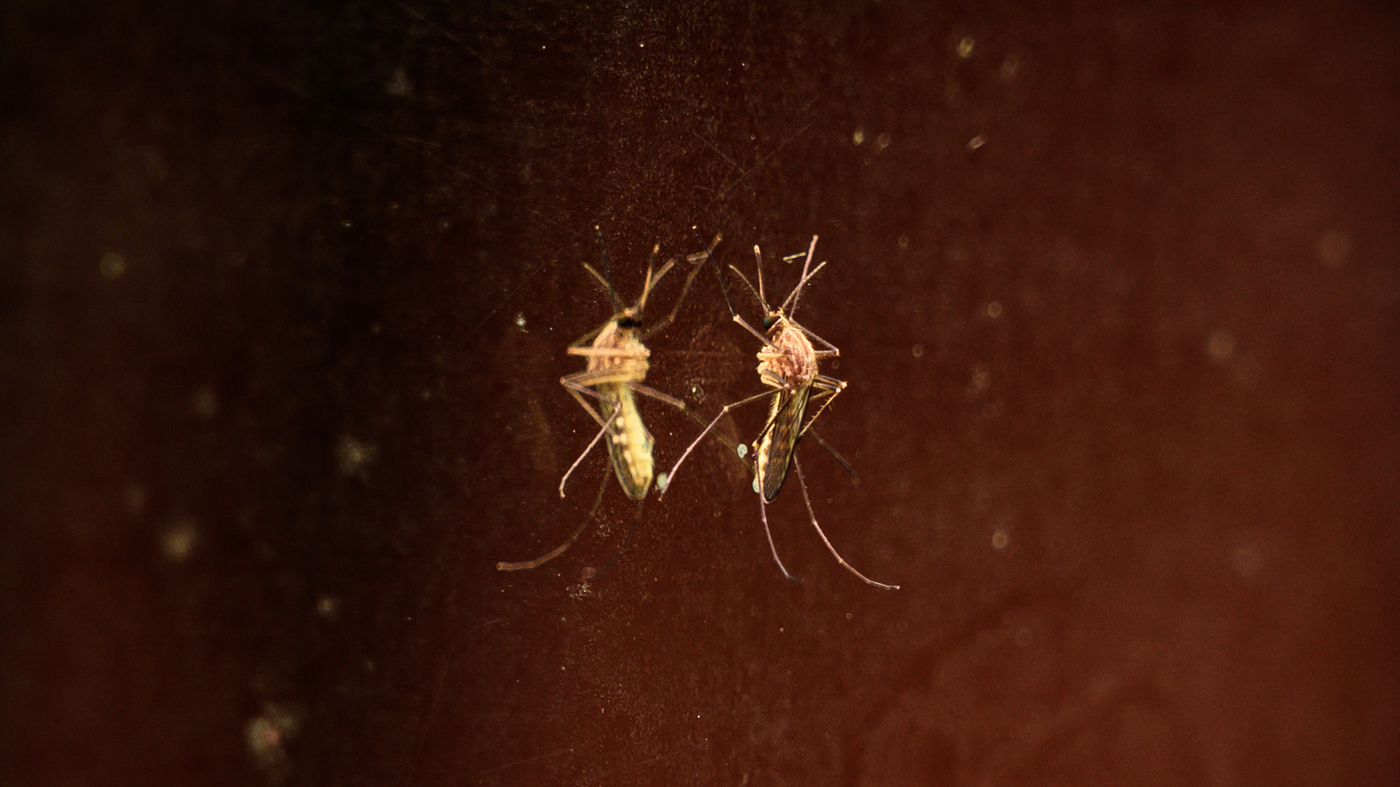Living with malaria in Ethiopia: Anopheles stephensi mosquitoes and their impact on a country like Djibouti
In Nyalenda, the poor community in Kisumu, Kenya, where Ms. Abdullah lives, malaria is endemic and ubiquitous. One of her friends died of Meningitis after getting it from her. She said thatMalaria has hurt us as a country.
There is so much room for optimism according to Philip WelkOFF, director of malaria programs at the Bill and Melinda Gates Foundation. We can actually launch a push to get all the way to zero later this decade.
During the rainy season or in rural areas, malaria is common in Africa, the region of the world hardest hit by the disease. The report from Ethiopia was not normal. In new research Zohdy and her colleagues are presenting Nov. 1 at the annual meeting of the American Society of Tropical Medicine and Hygiene, she says the reason for that surge in cases seems to fall squarely on the shoulders (or rather, the proboscises) of a relatively new arrival in Ethiopia — the Anopheles stephensi mosquito.
But it had only ever been found in South Asia and the Arabian Peninsula. The nation of Djibouti experienced an outbreak of malaria in the summer of 2012 The country was nearing elimination of the disease when it confirmed the first detection on the continent of the new mosquito at one of its ports.
Africa has been fighting against Malaria for decades and this is worrisome. Now, any small amount of hard-won progress is in danger of being erased. Zohdy states that the mosquito has the potential to change Malaria.
The insect has a few things that give it an advantage in urban environments. “With typical malaria mosquitoes we tend to see them at a certain time of the year,” Zohdy says. “This mosquito thrives year-round.”
It likes to breed in human made water storage containers, “from clean to dirty, from small to bigger,” says Fitsum Girma Tadesse, a co-author of the study.
Developing new drugs to kill mosquitoes, treating water to kill the mosquitoes and walloping the malarial parasites are just some of the interventions. The use of this in India is already being done because of the large numbers of these mosquitoes in the country. And it must be done in a way that ensures precious natural water resources remain available, says Zohdy. This is of particular importance in a place like Ethiopia, which is enduring a devastating drought.
In addition, Fitsum says it’s important to get people to alter their behavior. He says one of the options you can do is to remove unneeded water storage containers. The container is being covered by a physical barrier. You need to engage with people to convince them.
What a mosquito could have said about malaria: Fitsum’s battle against malaria has been a triangle for the last twenty years and a half of his life
Fitsum says the battle against malaria has always been like a triangle. There are people who get sick from a mosquito, and the parasites that cause the illness. He says that they have been chasing each other to try and get away from the other.
